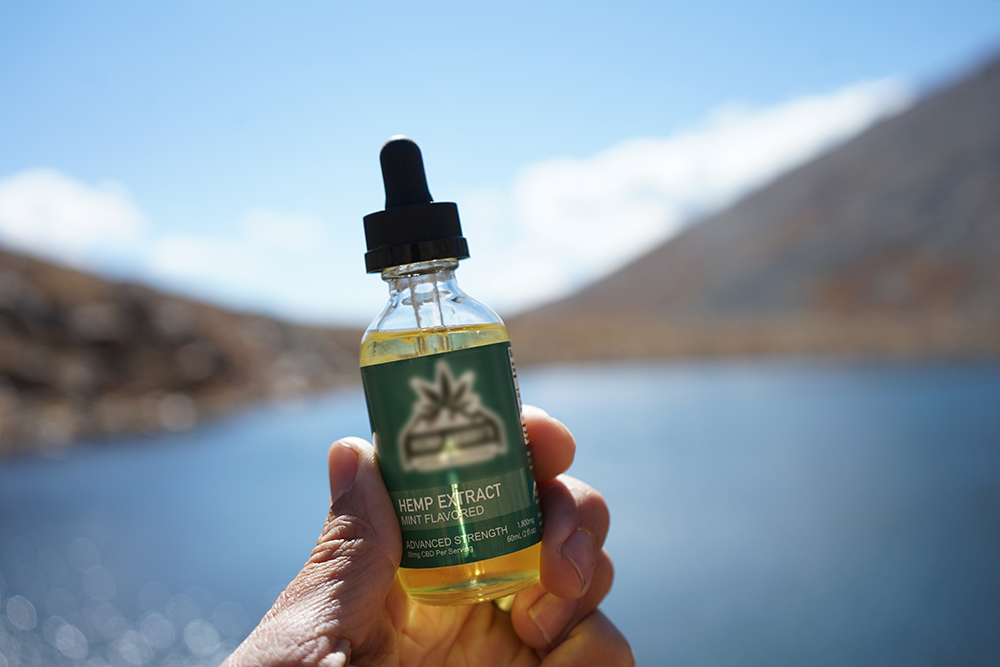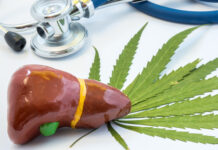CBD is a hot conversation topic right now as more and more medical cannabis patients are discovering its many therapeutic benefits. Read on to learn all you need to know about CBD.
CBD is one of two main active cannabinoid compounds found in the cannabis plant, with the other being the well-known compound, THC. Even though they are closely related, each component produces very different effects.
Power tip: THC causes the psychoactive effects that are responsible for users feeling a “high” while CBD does not create any intoxicating or mind-altering effects.
For decades, medical cannabis patients have been using CBD to address various ailments like chronic pain, epilepsy, and anxiety, to name a few. This article presents a comprehensive look at how cannabidiol first came about, its medical applications and insight into CBD-infused products for interested medical cannabis patients.
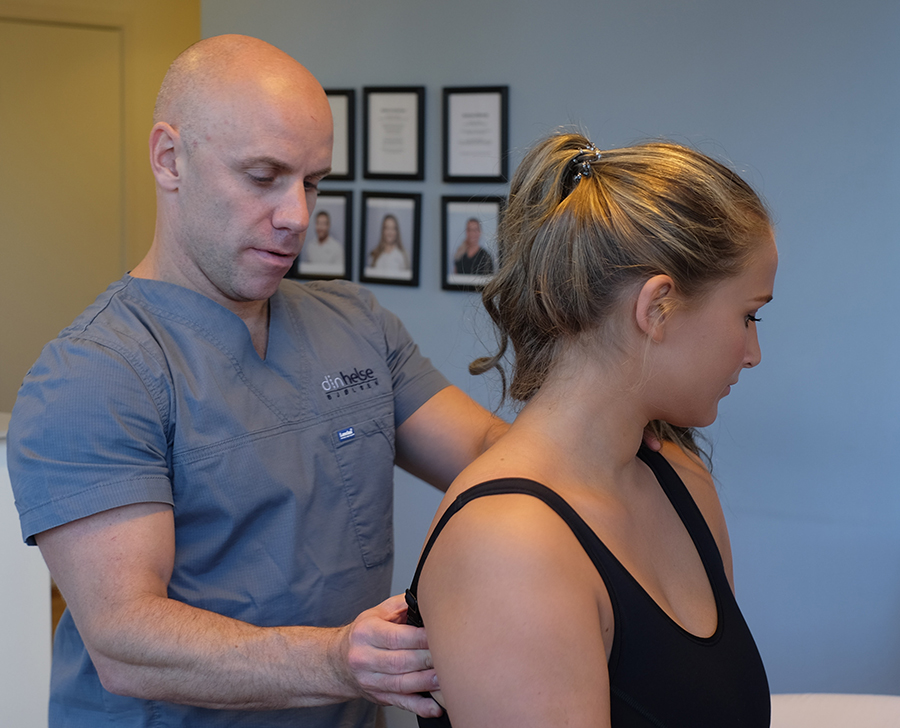 The Popular Rise of CBD
The Popular Rise of CBD
Medical cannabis patients, ranging from new to experienced, have likely heard about the sudden interest swirling around CBD. For years, medical cannabis patients in Canada have been using cannabidiol to help manage ailments such as inflammatory pain, chronic pain, arthritis, anxiety, stress, depression, Parkinson’s, epilepsy, post-traumatic stress disorder, insomnia and nausea, pain management and appetite complications arising from cancer.
Even though CBD is harvested from the same cannabis plant that THC is found in, CBD does not produce any mind-altering effects. Something also worth noting is that cannabidiol use has been proven not to cause any chemical dependency issues as per the World Health Organization.
“In humans, CBD exhibits no effects indicative of any abuse or dependence potential…. To date, there is no evidence of public health related problems associated with the use of pure CBD.” -World Health Organization
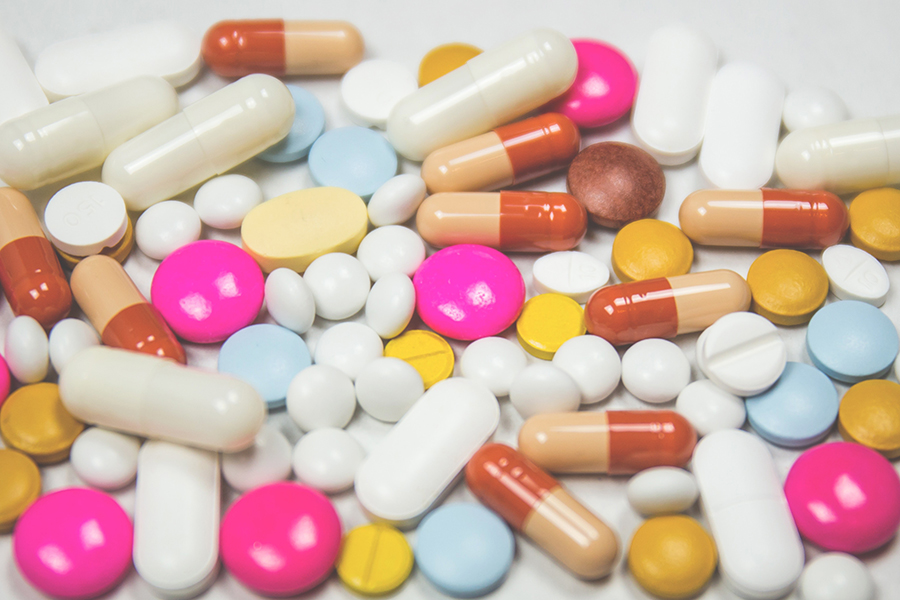 CBD Helps Fight Opioid Abuse
CBD Helps Fight Opioid Abuse
(Menshealth initially reported the following personal account)
Che was thirty-four years old when he ruptured a disc in his back. To deal with the severe pain, his doctor prescribed him a potent painkiller, Oxycontin. After a year of using his opiate pain meds, Che’s doctor discovered that he was abusing them and swiftly cut him off. Sudden cessation from heavy-duty opiates such as Oxycontin is known to produce extremely unbearable physical withdrawal symptoms. These symptoms range from extreme muscle aches, muscle spasms, insomnia, fever, nausea, and in some cases, even death.

Desperate and physically dependent on opiates, Che resorted to robbery and stealing from his own family to support his habit.
“By the time I was 37, I lost my career and my family, and I was homeless. I became a full-on criminal to support my [opioid] addiction.”
Che spent seven years trapped in hopeless opiate addiction before he began working towards recovery. During this recovery phase, a friend recommended to him that he try CBD. Che found that taking CBD reduced his withdrawals and opiate cravings. After seven years, he finally had a glimmer of hope.
“[CBD] allows me to do anything I want now. I can work. I can go out in public without being anxious. It’s as simple as taking $1.50 worth of CBD a day.”
It’s stories like Che’s that shine a light on CBD’s potential as a powerful ally in the opiate addiction war.
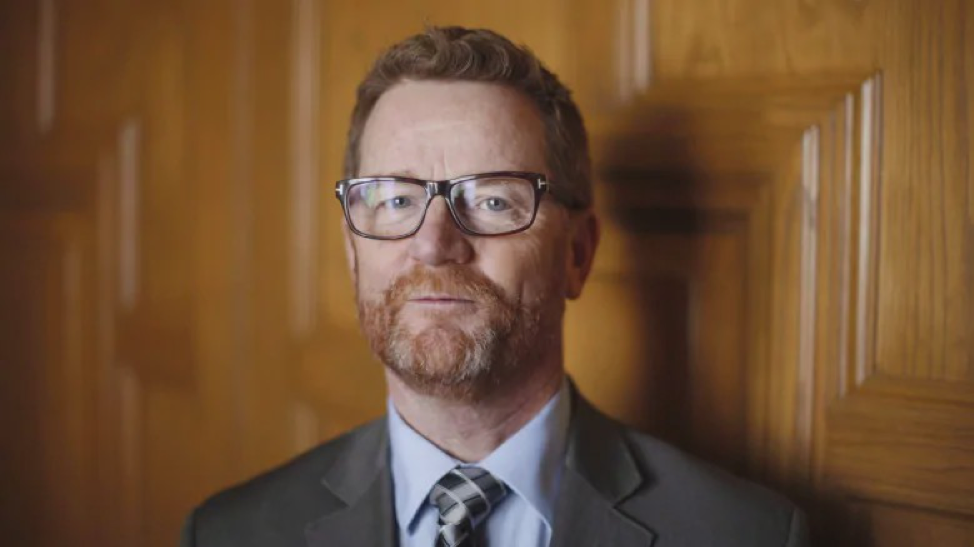
CBD Helping Relieve Insomnia
Meet former B.C health minister, Terry Lake. For years, Lake had been taking various prescription medications for sleep, but the medicines that he was ingesting were losing their efficacy.
Now, after using CBD oral spray, Lake says he’s no longer reliant on sleep prescription. Due to his public figure status, Terry Lake is careful not to make statements that are too supportive about the effects of medical cannabis.
“I also know there’s a placebo effect with anything like that so, you know, I have to be careful about how I interpret that. But certainly, it doesn’t have any adverse effects and I really think that it’s helped me in terms of my ability to deal with stress and my ability to have a better sleep.”
Parkinson’s and CBD
Parkinson’s is a degenerative neurological illness that affects motor functions with the most obvious signs being constant involuntary tremors, rigidity, and impaired balance. These abnormal and uncontrolled movements are classified as dyskinesia. Patients of this disease have been taking CBD oil to help manage their condition.
The below video is a clip taken from the documentary, “Ride with Larry” that explores a man, Larry, who is living with advanced Parkinson’s. After exhausting all of his options, Larry is trying cannabis oil for the first time to see if his condition will improve.
Understanding CBD and THC Percentages
Thanks to Canada’s rigorous packaging and labeling regulations, every legal cannabis product must display CBD and THC percentages as well as strain types like sativa, indica, or hybrid. If medical cannabis patients are looking to reap the effects of CBD, the choice would naturally be to select a strain type that is CBD-dominant.
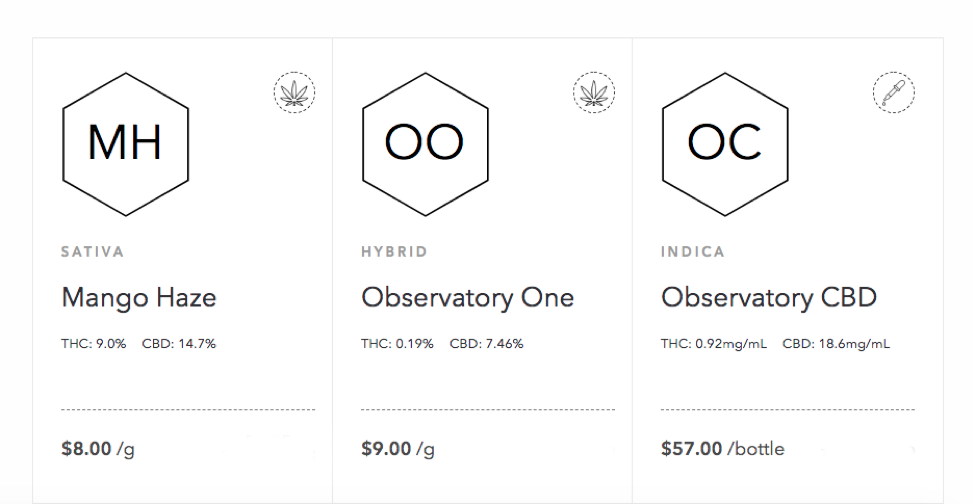
For example, examining dried flower strain, Mango Haze (on the far left) reveals that it contains 14.7% CBD, which is almost double the amount of its 9.0% THC level. Having a THC to CBD ratio of 1 to 1.63, Mango Haze is a CBD-dominant strain, but it still possesses enough THC to produce psychoactive effects.
For Medical Cannabis Patients Who Want to Avoid THC and its Effects
This next example is essential for medical cannabis patients who are only looking for cannabis strains that contain little to zero THC content but are very rich in CBD.
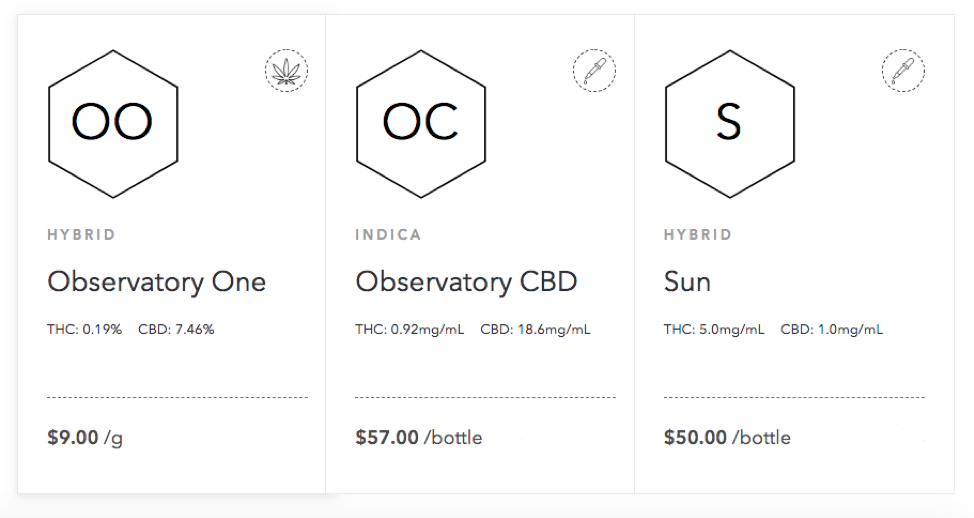
Cannabis strain, “Observatory One,” has substantially high CBD concentrations and very low THC content (just 0.19% THC in its dried flower form). This medical strain has been purposefully bred for maximum CBD yield.
The THC content in “Observatory CBD” is very low (0.92mg/mL) and even lower (0.19%) in “Observatory One.” The amount must still be listed because even the smallest amount of THC has the potential to cause effects.
Every patient uses different medical cannabis for various reasons. So it’s essential that patients know how to interpret the labeling so that they can find which products address their specific needs. For first-time medical cannabis users, it’s best to start low and go slow.
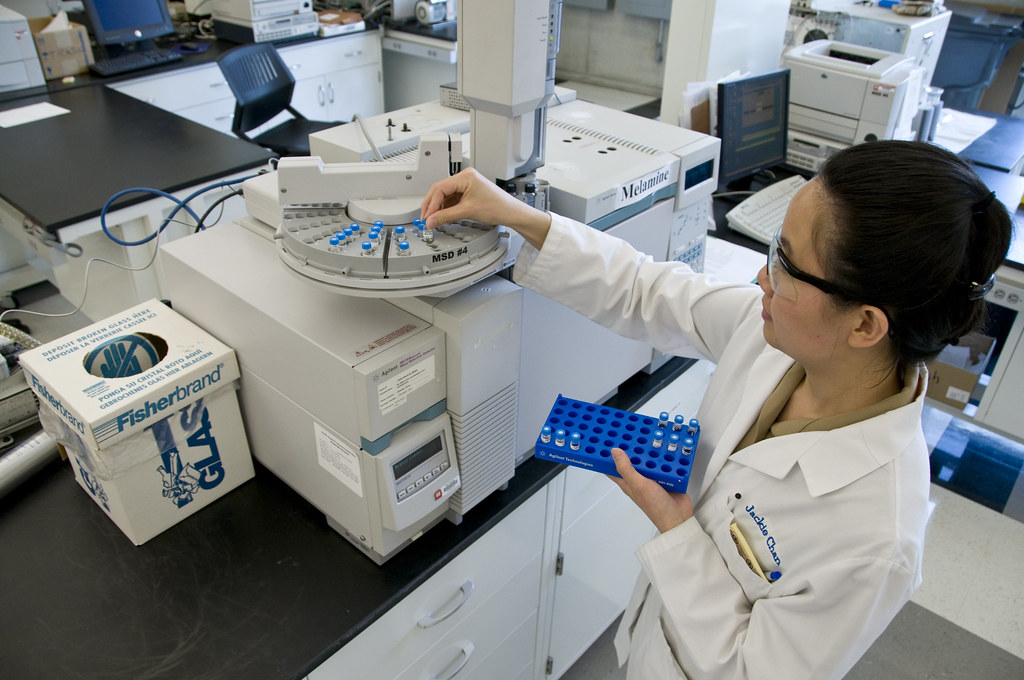 The U.S Approves CBD-Based Drug
The U.S Approves CBD-Based Drug
Even though cannabis is still technically illegal at the federal level in the United States, tremendous strides have been made in understanding CBD’s medicinal benefits. In the summer of June 2018, the U.S Food and Drug Administration officially approved the first CBD-based drug, Epidiolex for treatment of severe epilepsy and seizures.
It was a landmark event that indicated that the U.S was officially acknowledging, and confirming CBD’s medical benefits.
“This approval serves as a reminder that advancing sound development programs that properly evaluate active ingredients contained in cannabis lead to important medical therapies. And, the FDA is committed to this kind of careful scientific research and drug development,” said FDA Commissioner Scott Gottlieb, M.D.
Now, medical cannabis patients in Canada can access CBD in a wide variety of forms such as CBD oil, topical creams, gel capsules, inhalers, vapors, and oral sprays.
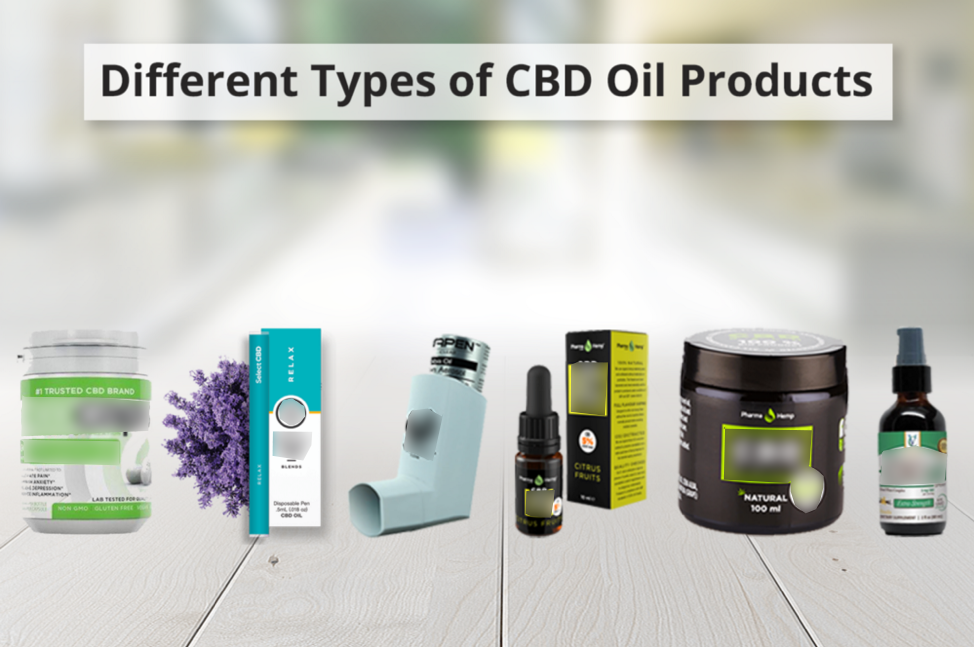
Most Popular Forms of CBD
- CBD Oil: Users use a droplet to apply their dose on their tongue. The droplet method makes for accurate and consistent dosing. CBD oil can also be used to infuse food and drinks.
- CBD Oral Spray: Oral spray delivers a dose directly into the mouth which is absorbed by the lining in the mouth. This method is the most convenient method.
- CBD Capsules: Discrete and easy to consume, cannabidiol capsules are one of the most popular options for medical cannabis patients.
 The Final Word
The Final Word
In this new day and age, it’s crucial that users receive informative answers to some of the fundamental questions surrounding CBD and how it pertains to medical patients in Canada. Here’s a quick overview of what has been covered in this Cannalogue article.
- Pure cannabidiol isn’t going to produce any mind-altering effects.
- CBD comes in many convenient forms and concentrations like oils, extracts, vapors, capsules, and oral sprays.
- Everybody is different. Medical patients will want to begin with small doses and take a “wait and see” approach before gradually increasing until desired results are achieved.
Cannalogue is about empowering Canadian medical cannabis patients with knowledge so they can find the right products that work best for them.
